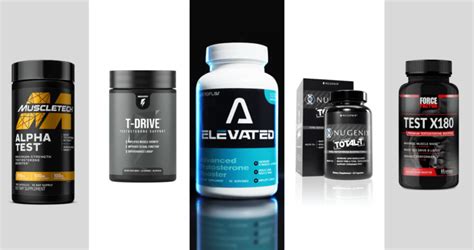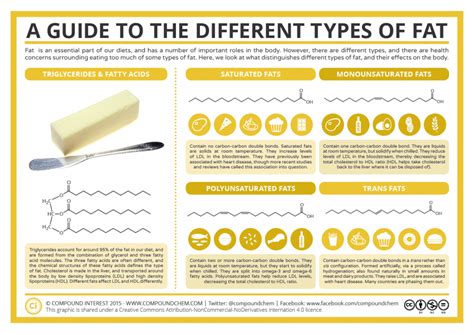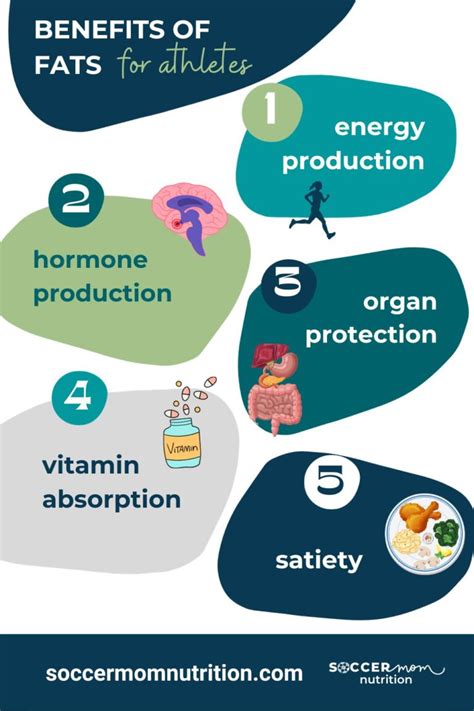Dietary fats: optimize male testosterone, focus, and peak performance?

The Misunderstood Power of Dietary Fats for Men’s Health
For decades, dietary fats were unfairly demonized, leading many to adopt low-fat diets in pursuit of health. However, modern nutritional science paints a vastly different picture, especially concerning male physiological function. Far from being detrimental, the right types and amounts of dietary fats are absolutely critical for optimizing male testosterone levels, enhancing cognitive focus, and driving peak physical and mental performance. It’s time to shift the narrative and understand how these vital macronutrients can be leveraged for superior health.

The Crucial Link Between Fats and Testosterone Production
Testosterone, the primary male sex hormone, plays a pivotal role in muscle growth, bone density, libido, and mood regulation. What many don’t realize is that cholesterol, a type of fat, is the precursor to all steroid hormones, including testosterone. A diet too low in healthy fats can, therefore, directly impair the body’s ability to produce adequate testosterone. Saturated and monounsaturated fats, in particular, have been linked to higher testosterone levels, supporting the structural integrity of cells and providing the necessary building blocks for hormone synthesis.
Fueling Brain Health and Laser-Sharp Focus
Your brain is approximately 60% fat, making it the fattiest organ in your body. It’s no surprise, then, that dietary fats are indispensable for optimal cognitive function. Essential fatty acids, especially Omega-3s like EPA and DHA found in fatty fish, are critical for brain cell membrane fluidity, neurotransmitter production, and reducing inflammation – all factors that directly impact focus, memory, and overall mental acuity. Adequate fat intake can shield the brain from oxidative stress and support consistent energy supply, preventing the mental fog that often accompanies low-fat diets.

Fats for Sustained Energy and Peak Physical Performance
When it comes to physical exertion, fats are a powerhouse. While carbohydrates offer quick energy, fats provide a more sustained and efficient energy source, particularly for longer-duration activities and during periods of caloric restriction. They help spare glycogen stores, allowing athletes and active individuals to perform at their best for extended periods. Furthermore, fats aid in the absorption of fat-soluble vitamins (A, D, E, K), which are vital for bone health, immune function, and recovery, all contributing to peak performance and overall physical resilience.

Distinguishing Good Fats from Detrimental Ones
Not all fats are created equal. Understanding the difference is key to optimizing your health.
- Monounsaturated Fats (MUFAs): Found in olive oil, avocados, and nuts, these fats are heart-healthy and support hormone production.
- Polyunsaturated Fats (PUFAs): Include Omega-3s (fatty fish, flaxseeds, walnuts) and Omega-6s (vegetable oils). While Omega-3s are anti-inflammatory and crucial for brain health, an imbalanced ratio favoring too many Omega-6s can promote inflammation.
- Saturated Fats: Present in red meat, dairy, and coconut oil. While previously vilified, research now supports their moderate consumption as beneficial for testosterone production and overall health, especially from whole, unprocessed sources.
- Trans Fats: Found in highly processed foods and some fried items, these should be strictly avoided due to their detrimental effects on heart health and hormone balance.

Practical Dietary Recommendations for Optimizing Fat Intake
To harness the benefits of dietary fats, focus on incorporating a variety of healthy sources into your diet:
- Prioritize Whole Foods: Opt for full-fat dairy, grass-fed meats, wild-caught fatty fish (salmon, mackerel), eggs, avocados, nuts, and seeds.
- Cook with Healthy Oils: Use olive oil, avocado oil, or coconut oil for cooking.
- Diversify Your Sources: Don’t rely on just one type of fat. A balanced intake of MUFAs, PUFAs (with a focus on Omega-3s), and moderate saturated fats is ideal.
- Mind the Ratios: Aim for a balanced Omega-3 to Omega-6 ratio (closer to 1:1 or 1:2, rather than the typical Western diet’s 1:15+).
- Consult a Professional: For personalized advice, consider speaking with a registered dietitian or nutritionist.

Conclusion: Embrace Healthy Fats for Optimal Male Health
The evidence is clear: dietary fats are not the enemy but essential allies for male health and performance. By strategically incorporating a diverse range of healthy fats into your diet, you can significantly enhance testosterone production, sharpen cognitive focus, and provide your body with the sustained energy needed for peak physical and mental performance. It’s time to move beyond outdated dietary myths and embrace the powerful benefits that a fat-inclusive diet offers for a thriving, high-performing male physique and mind.








